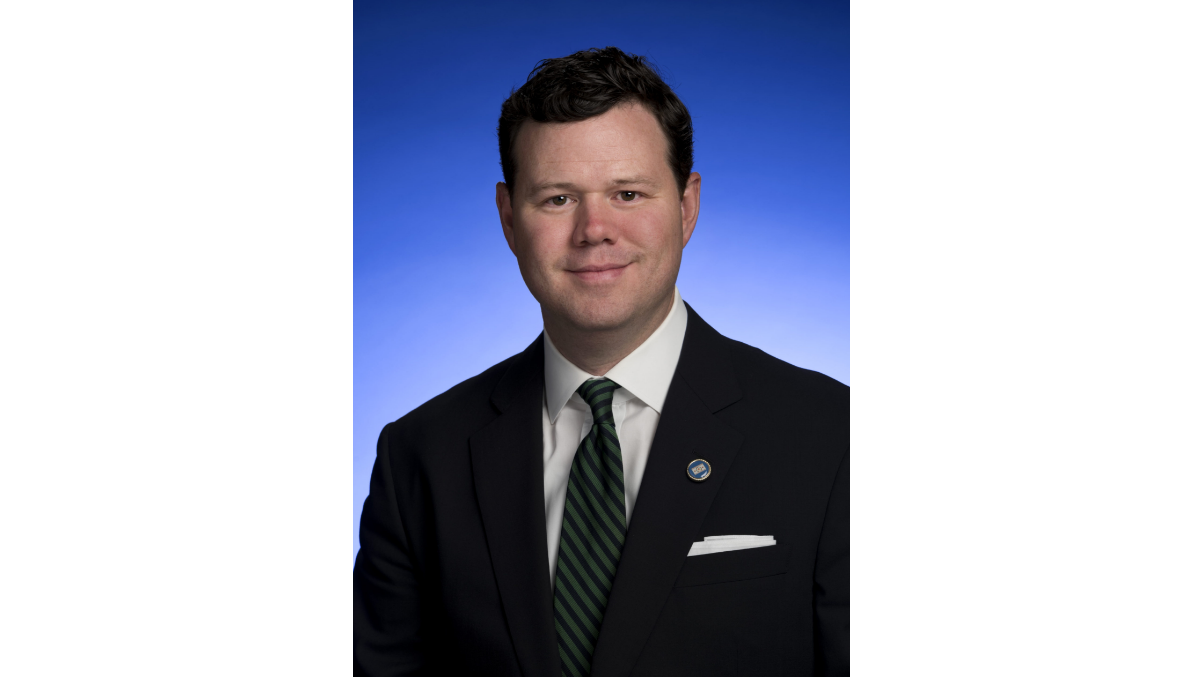House Bill 2517 saves $18 million in taxpayer dollars
Nashville, Tenn. – State Rep. Michael Curcio has proposed legislation that would reform Tennessee’s drug-free zones and free up approximately $18 million that could be used for public safety and rehabilitation.
House Bill 2517 would shrink drug-free zones from 1,000 to 500 feet and allow judges to use discretion to waive mandatory zone sentencing enhancements. The bill ensures the punishment fits the crime when children and communities are endangered but doesn’t paint nonviolent addicts with the same brush.
In reaction to the war on drugs in the 1980s, many well-intentioned laws creating drug-free school zones spread nationwide that triggered automatic, mandatory penalties for drug convictions, said Curcio, who serves as chairman of the House Judiciary Committee.
“Unfortunately, this policy did not accomplish the outcomes the legislature intended when they were adopted in Tennessee,” Curcio said. “The end-result has been that we’ve taken our judges’ ability to use discretion for appropriate sentencing, increased our prison population and have been largely ineffective at reducing crimes near schools.”
Drug-free zones include public or private elementary, middle, secondary schools, child care agencies, public libraries, recreational centers and parks.
The special protection of a drug-free area loses meaning when offenders don’t know they’re in a zone or the crime occurs when children aren’t present.
Current law requires an offender in possession of a half-gram of cocaine in a drug-free zone to serve a mandatory minimum of 15 years in prison for a first-time, nonviolent offense. By comparison, a second-degree murder conviction carries a minimum sentence of 15 years, but with an opportunity for release after 13 years.
Curcio’s bill gives judges discretion to apply more appropriate sentencing for varying factors and circumstances.
“A judge should be able to weigh whether an offender deserves a stronger sentence because they were very clearly near a school purposefully involving children in their crime verses applying leniency for someone found in possession of a small amount of drugs during a routine traffic stop at a time when there couldn’t possibly be children on school premises,” Curcio said.
By shrinking drug-free zones and applying more appropriate sentences, House Bill 2517 creates a savings of more than $18 million that can be reinvested in resources to make justice more efficient in Tennessee.
“Rather than continuing to spend money on a practice we know is not working, we can put every bit of that savings toward resources for prevention, rehabilitation and law enforcement. Right-sizing the drug-free zone statute is the right reform at the right time,” Curcio said.
For more on House Bill 2517, go here.
Michael Curcio represents the 69th House District which in includes Hickman and part of Maury and Dickson counties. He serves as Chairman of the House Judiciary Committee. He is also a member of the Joint Fiscal Review Committee, Calendar and Rules Committee, Naming Designating and Private Acts Committee, the Civil Justice Subcommittee, Criminal Justice Subcommittee, Children and Families Subcommittee, and the Constitutional Protections and Sentencing Subcommittee.

